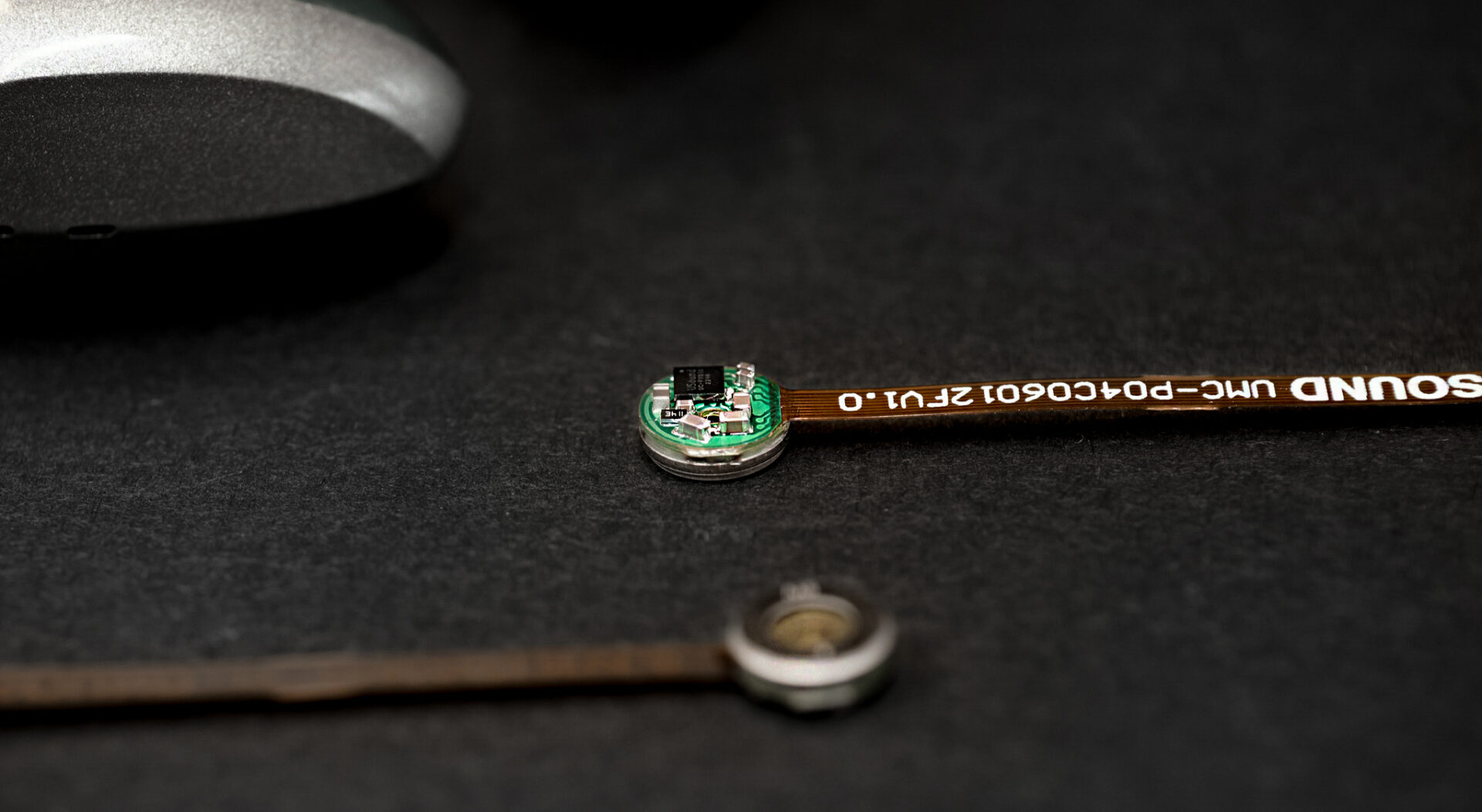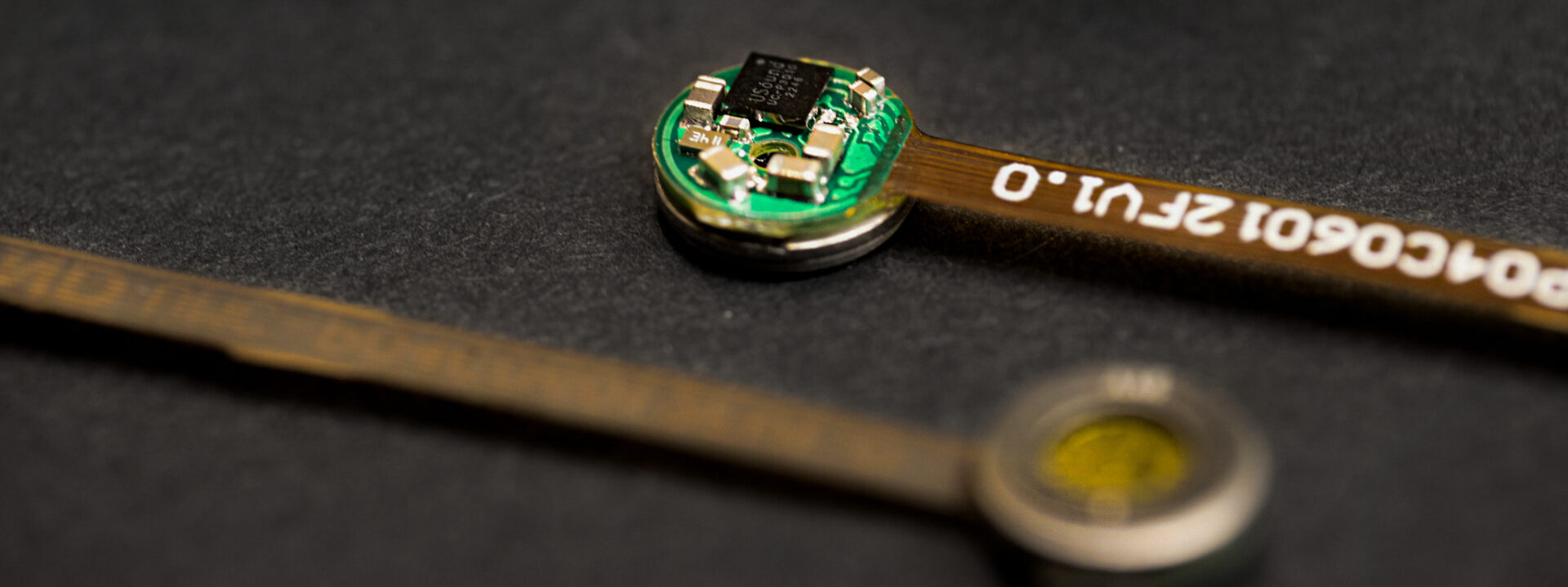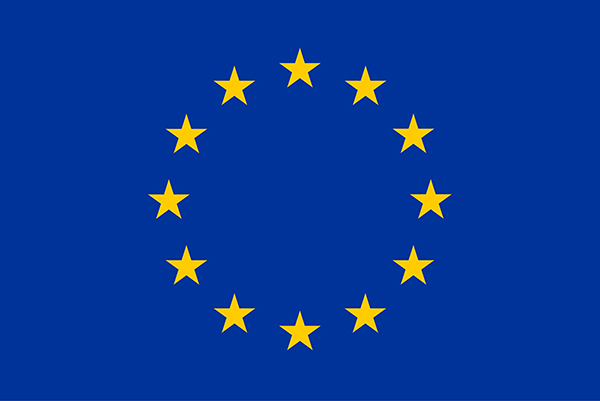
Integrated audio module
The Kore 4.1 UMC-P04C06013F is an integrated plug-and-play audio module designed for easy evaluation and integration of USound MEMS speakers into audio devices. True wireless stereo (TWS) earbuds and over-the-counter (OTC) hearing aids can benefit from its exceptional audio performance and ultra-slim form factor.
Compact plug-and-play solution
Combining Conamara ultra-slim MEMS speaker and Tarvos 1.0 amplifier in one compact plug-and-play audio solution, Kore 4.1 enables easy evaluation and integration of USound MEMS speaker technology.
Low power consumption
Equipped with Tarvos 1.0 ASIC linear audio amplifier, Kore 4.1 can reach sub-mA quiescent current consumption, extending the playtime of TWS earbuds and OTC hearing aids.
Premium sound
The integrated Conamara MEMS speaker delivers above-class audio performance, fulfilling Hi-Res audio up to 40 kHz.
Adjusted to your needs
Taking each customer’s needs into consideration, USound can provide tailor-made versions of Kore 4.1 with any USound MEMS speaker and with a connector of choice.

Available Now
Kore 4.1 UMC-P04C06013F is now available.
Kore 4.1 UMC-P04C06013F Datasheet


